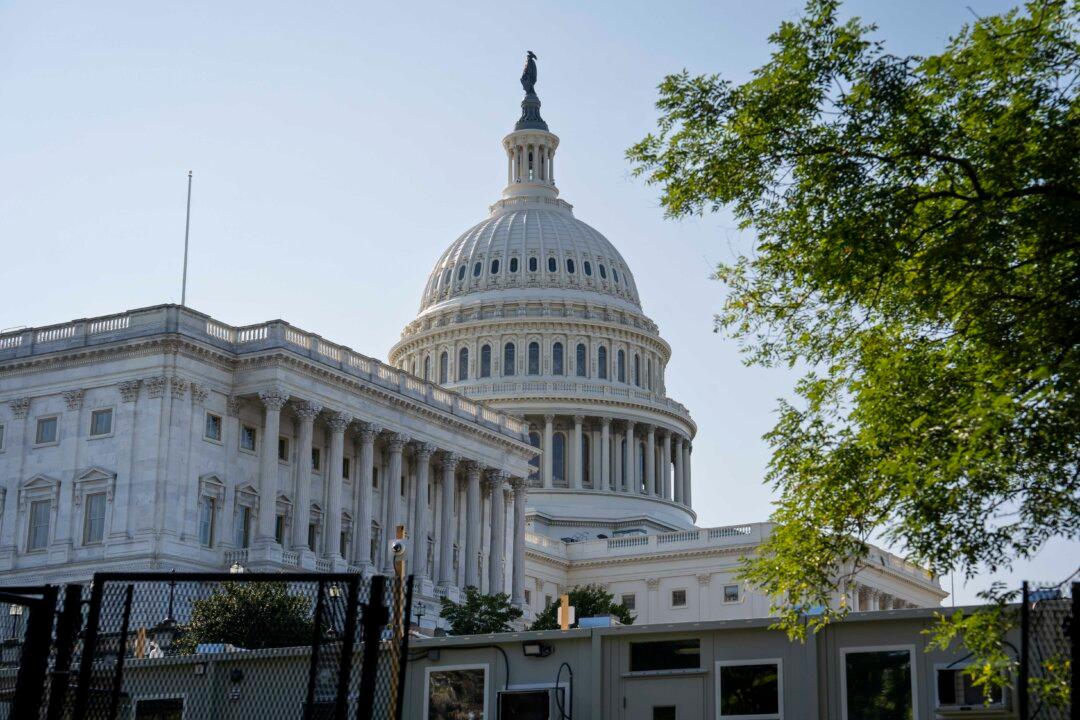Experts are urging the U.S. government to ramp up its efforts to counter communist China’s cyber espionage, in the wake of a massive hack of U.S. telecommunication networks by the Chinese state-sponsored cyber threat group Salt Typhoon.
“The United States, clearly, is still in a very deep cyber deterrence hole with respect to China, and the hole appears to only be getting deeper,” James Mulvenon, chief intelligence officer at Pamir Consulting, told lawmakers at a Senate hearing on Dec. 11.



